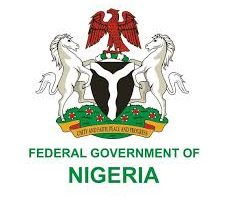The federal government has expressed concerns over Nigeria’s worsening humanitarian crisis, saying over 3 million people have been internally displaced as a result of flooding, insecurity, and natural disasters of various forms.
Minister of State for Humanitarian Affairs and Poverty Alleviation, Tanko Sununu, expressed worries that millions of citizens risk sliding deeper into hunger and malnutrition as global aid funding dwindles.
Speaking during the inauguration of the House of Representatives Ad-hoc Committee on Flood Management and Response on Monday in Abuja , he said the combined effects of natural disasters, insecurity, and shrinking donor support have created a “critical humanitarian challenge” for the country.
“Globally, humanitarian funding is shrinking, and Nigeria is not exempt. Just a few days ago, the World Food Programme suspended some of its activities, which had supported more than 1.2 million Nigerians with emergency transfers in the North-east. This leaves over 300,000 children at risk of malnutrition, while more than 200,000 are already receiving treatment,” he stated.
He noted that poverty remained unevenly spread across the country, with the North accounting for about 65 percent of Nigeria’s poor population. “Out of this 65 percent, more than 70 percent are smallholder farmers. Sadly, most of them have lost their farmlands and livelihoods to floods and droughts,” he said.
In his welcome address earlier, chairman of the new committee, Hon. Maidala Balami said flooding had become more than a seasonal occurrence, describing it as a “national emergency that demands urgent, coordinated, and strategic action.
“Each year, lives are lost, properties destroyed, livelihoods disrupted, and the socio-economic fabric of entire communities severely affected.
“The time for piecemeal approaches is over. What we need is a comprehensive national framework, one that encompasses prevention, early warning systems, emergency response, community resilience, infrastructure development and climate adaptation strategies,” he said.
